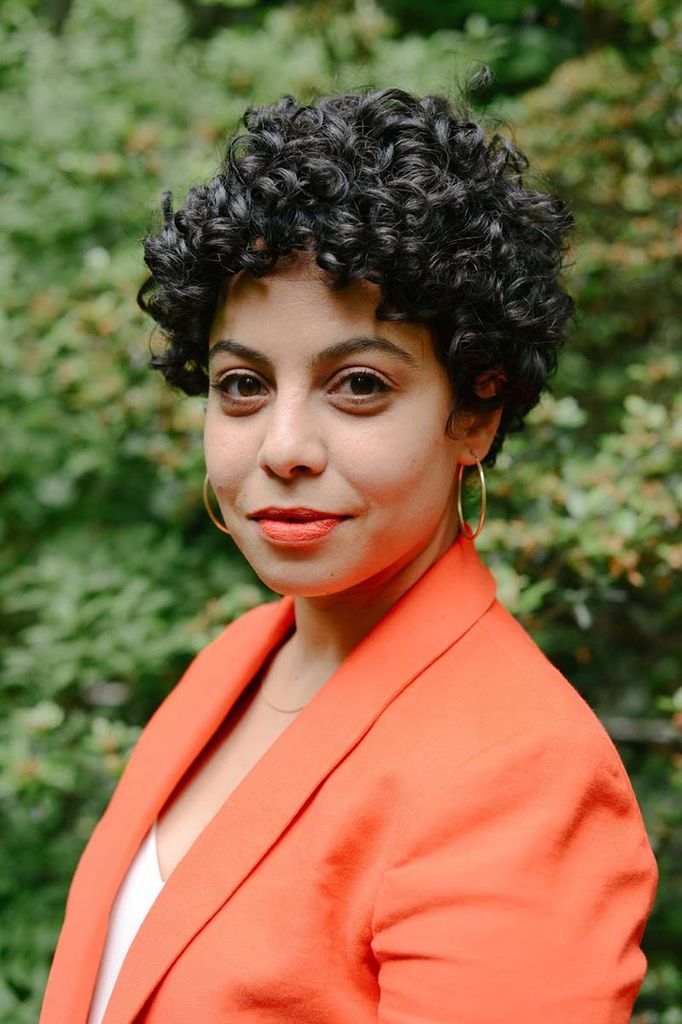President Biden has pledged to "welcome" 100,000 Ukrainian refugees displaced by Russia's invasion. What awaits them?
"In all the time that I've been studying, working with, and learning from people who are displaced, 'welcome' is not the word that they use to describe their experience in the United States," says Heba Gowayed, an expert on how immigration laws and social services affect low-income people. In her new book, Refuge, the Boston University College of Arts & Sciences Moorman-Simon Assistant Professor of Sociology explains why. Refuge is based on Gowayed's extensive research tracking and documenting the lives of Syrian refugees here, in Canada, and in Germany after fleeing their country's civil war, which has displaced more than 12 million people.
Demanding refugees become self-sufficient, the US government pays them three months of support, plus welfare, to set them up in their new country. That's not enough time, says Gowayed, to learn the English necessary to work or take the citizenship exam, let alone pay rent. And miserly assistance amounts are "rooted in anti-Black racism and fictions of a welfare queen who benefits off the state and is unwilling to work," she writes. But Refuge also faults other nations' welcome mats.

While more generous than the US, Canada, though pursuing consciously multicultural immigration, privileges immigrants and refugees who meet educational and professional benchmarks. That system, Gowayed writes, has been "criticized as reinforcing racial inequalities, class inequalities, and gendered inequalities, which all shape access to the skills that make someone eligible to travel." Germany, meanwhile, requires credentials before refugees enter its labor market that devalue their existing skills-a "German system for Germans," as one Syrian tells her.
So what needs to change? The US should bolster its safety net, Gowayed writes, while divesting from what she calls excessive border security and enforcement. Practicing what she preaches about helping refugees adjust to their new homes, Gowayed, with BU students, runs Citizenship Hub, an English tutoring program preparing people for the citizenship exam. Eight of the program's participants have already passed, she says.
The Brink talked with Gowayed about her book, the history of our current immigration system, and the implications of trimming border enforcement.
This interview was edited for clarity and brevity.
Gowayed's research was supported by the National Science Foundation, the Horowitz Foundation, and the Moorman-Simon Professorship.






